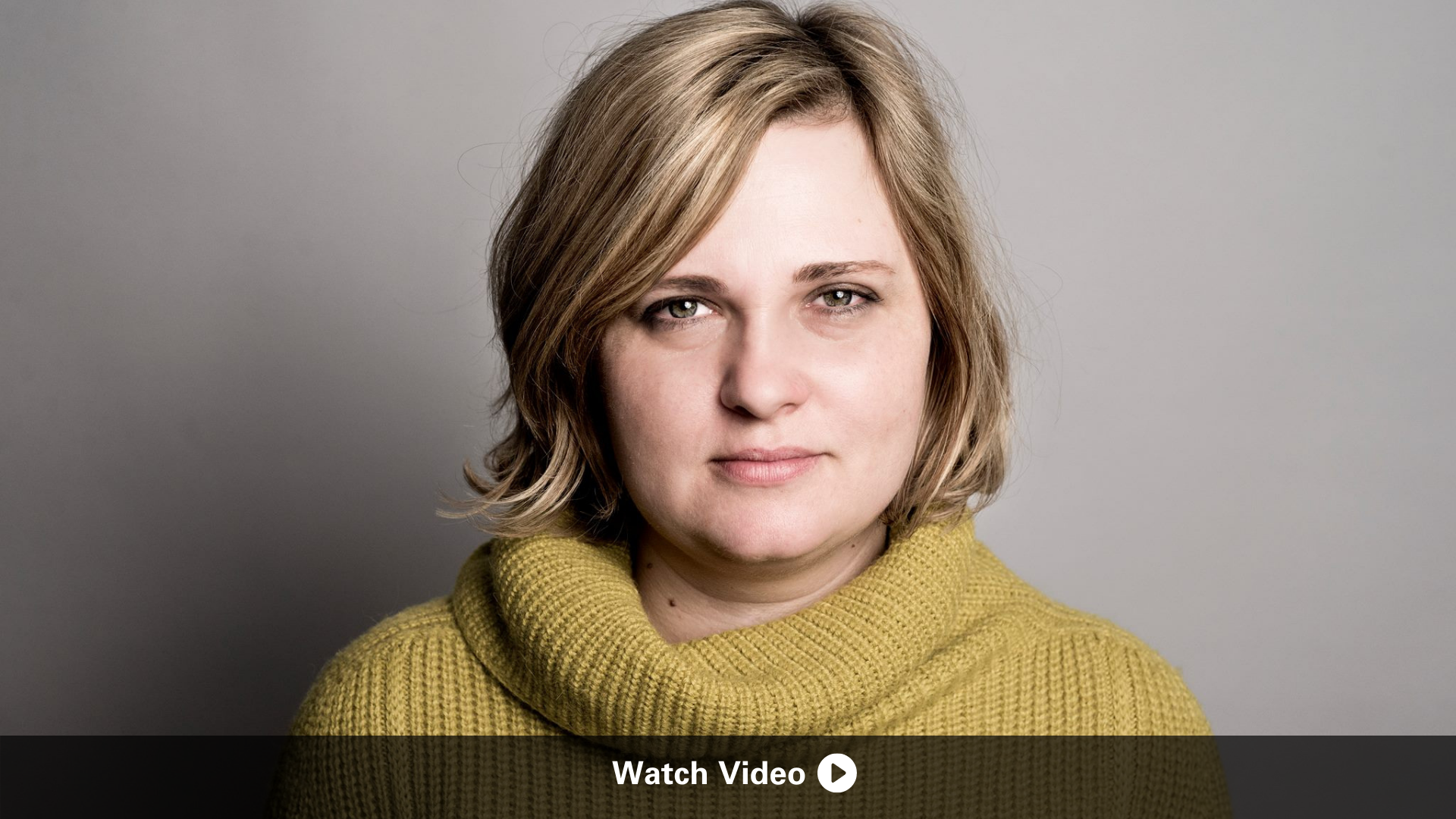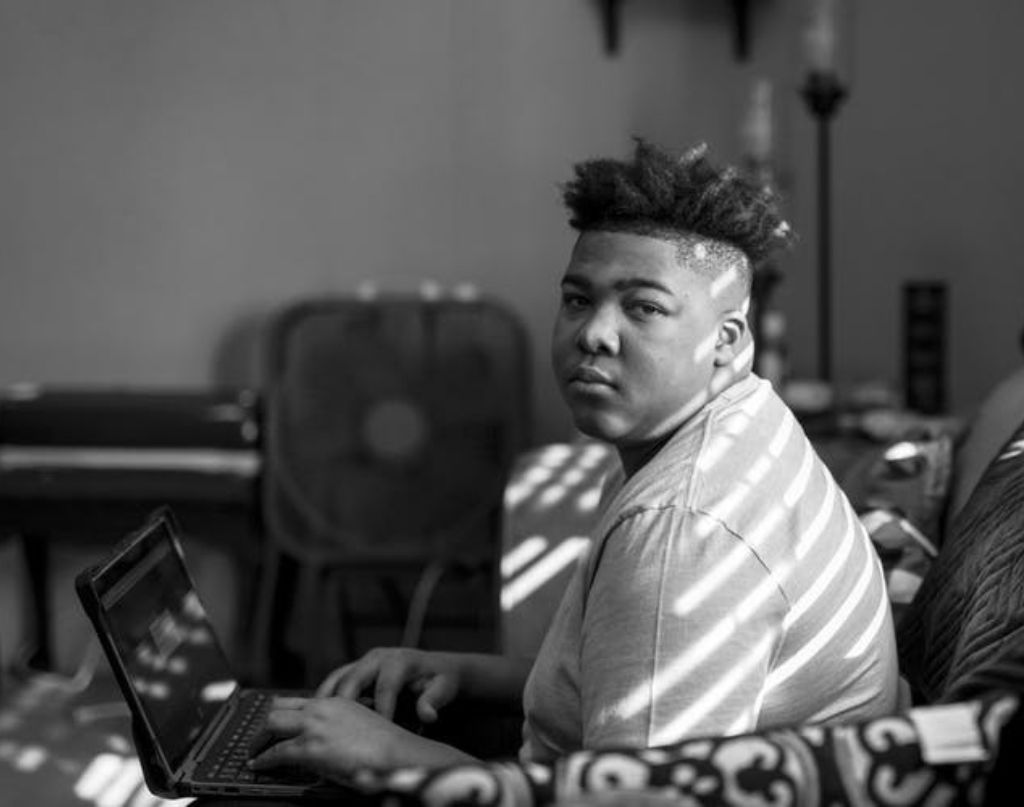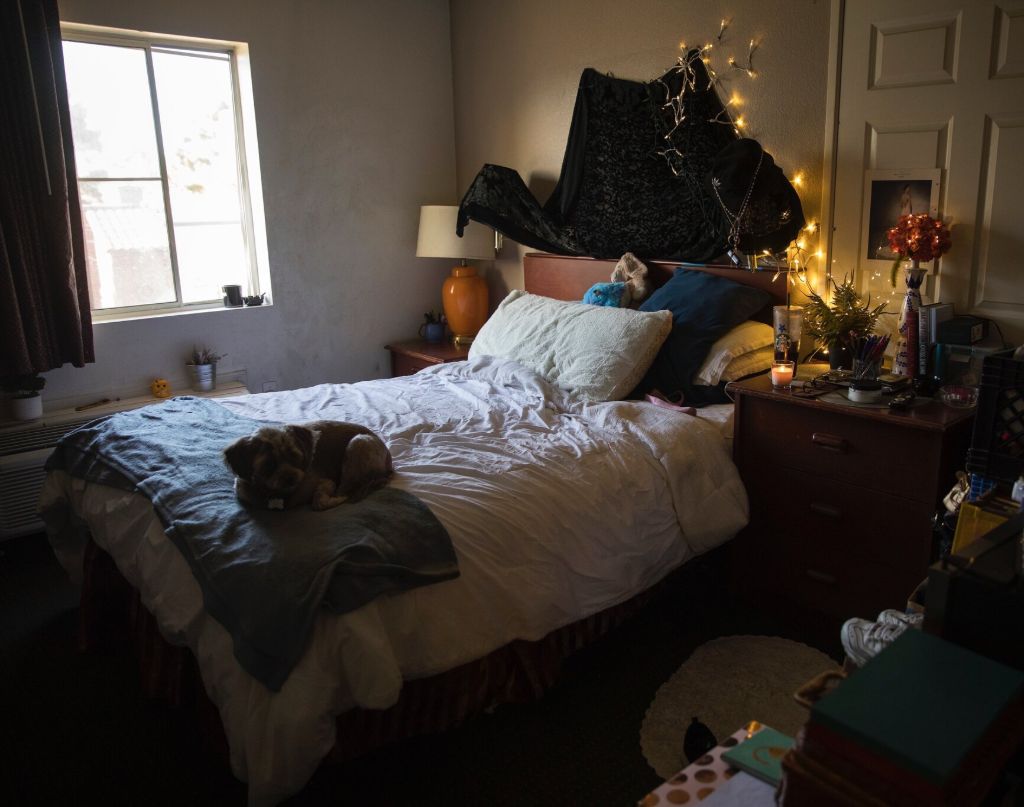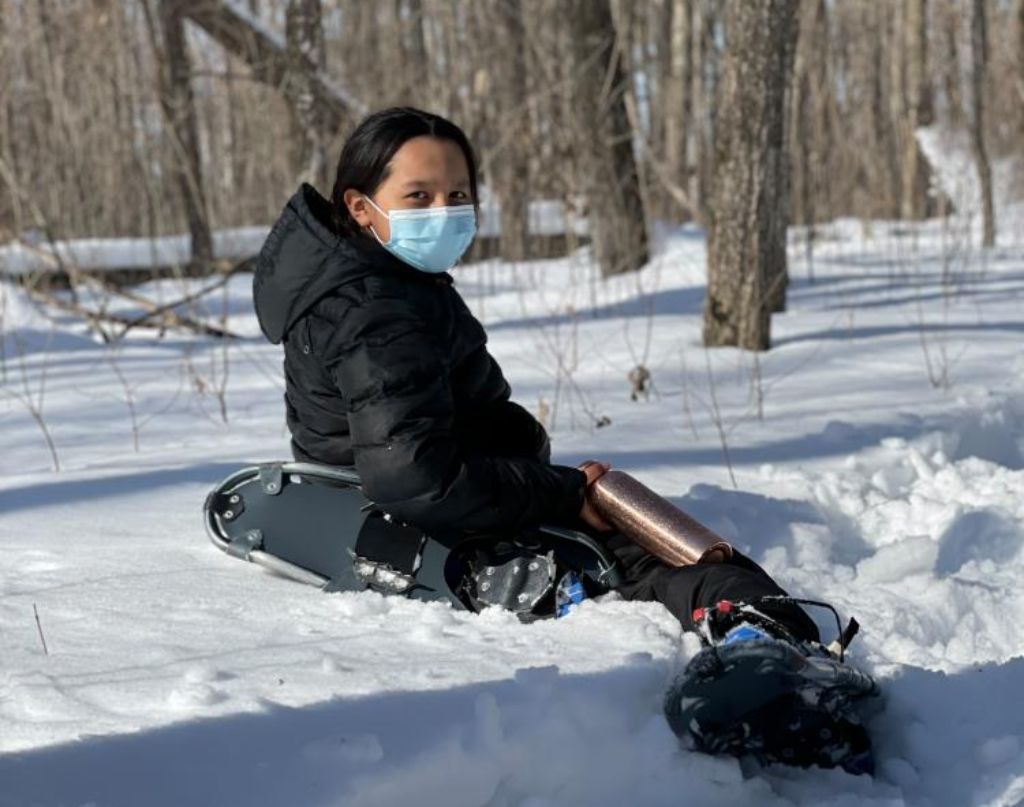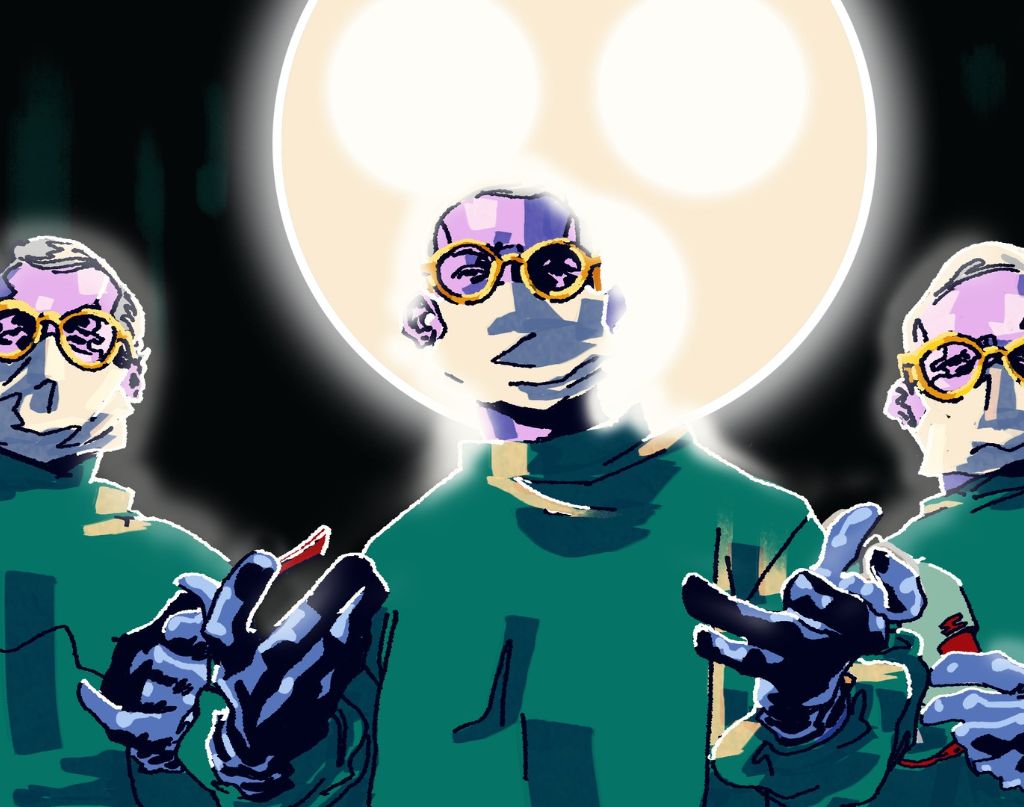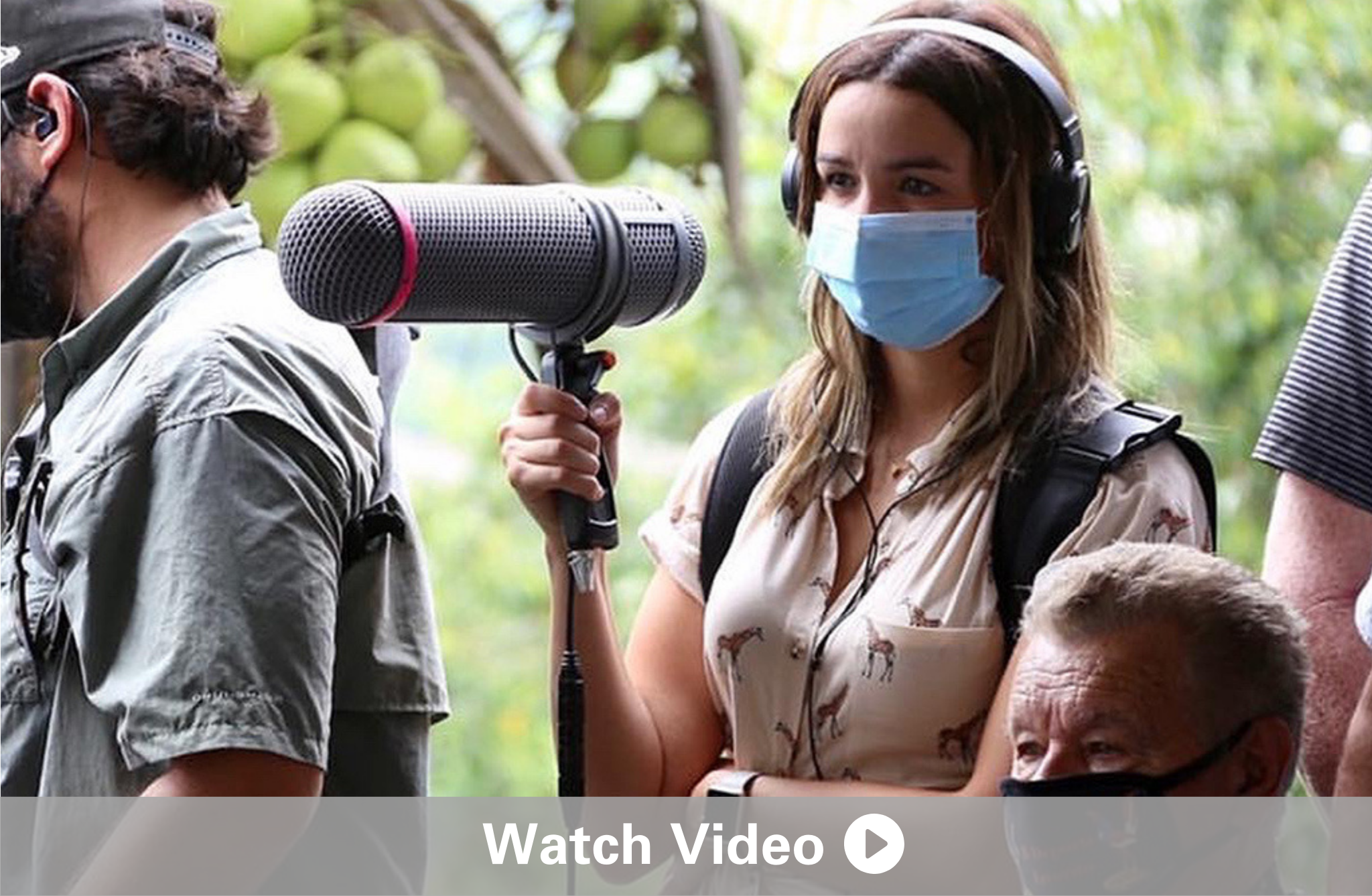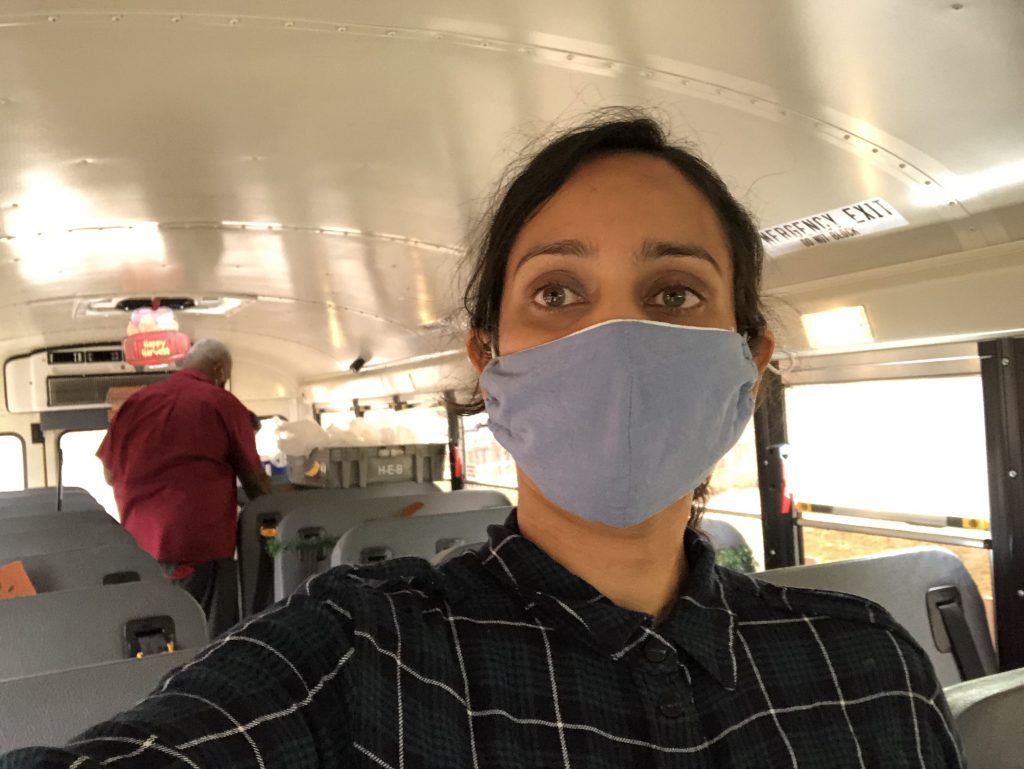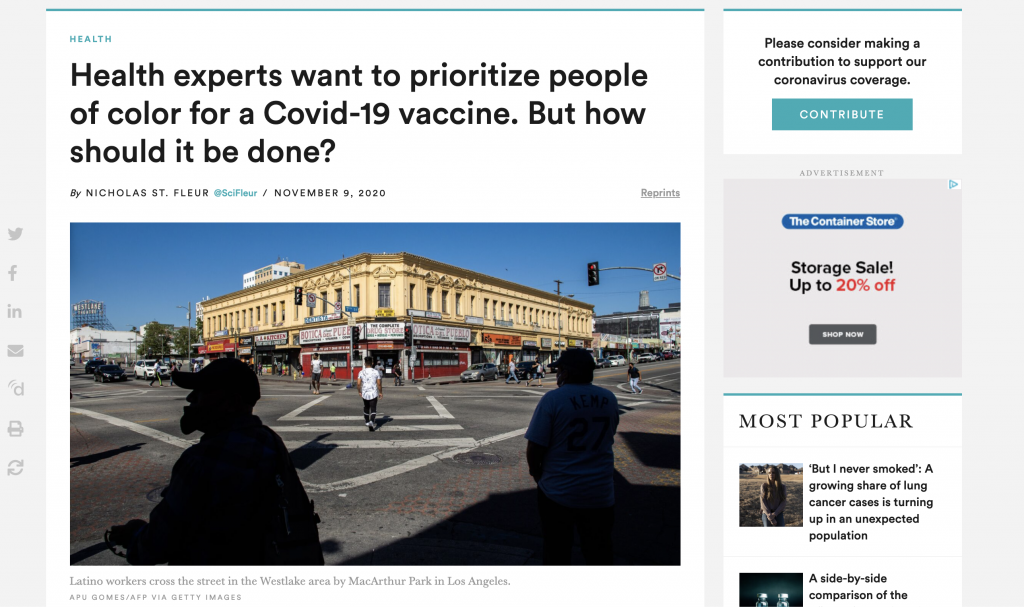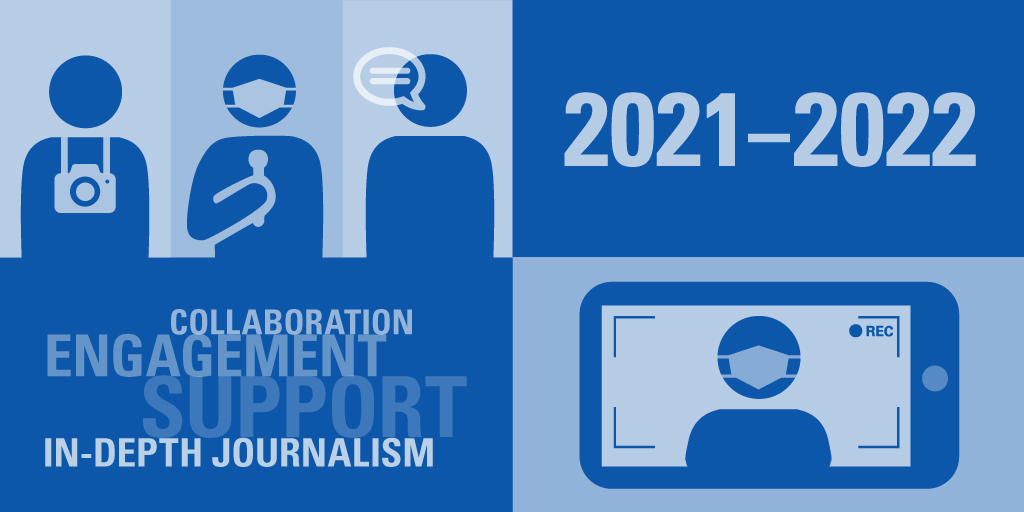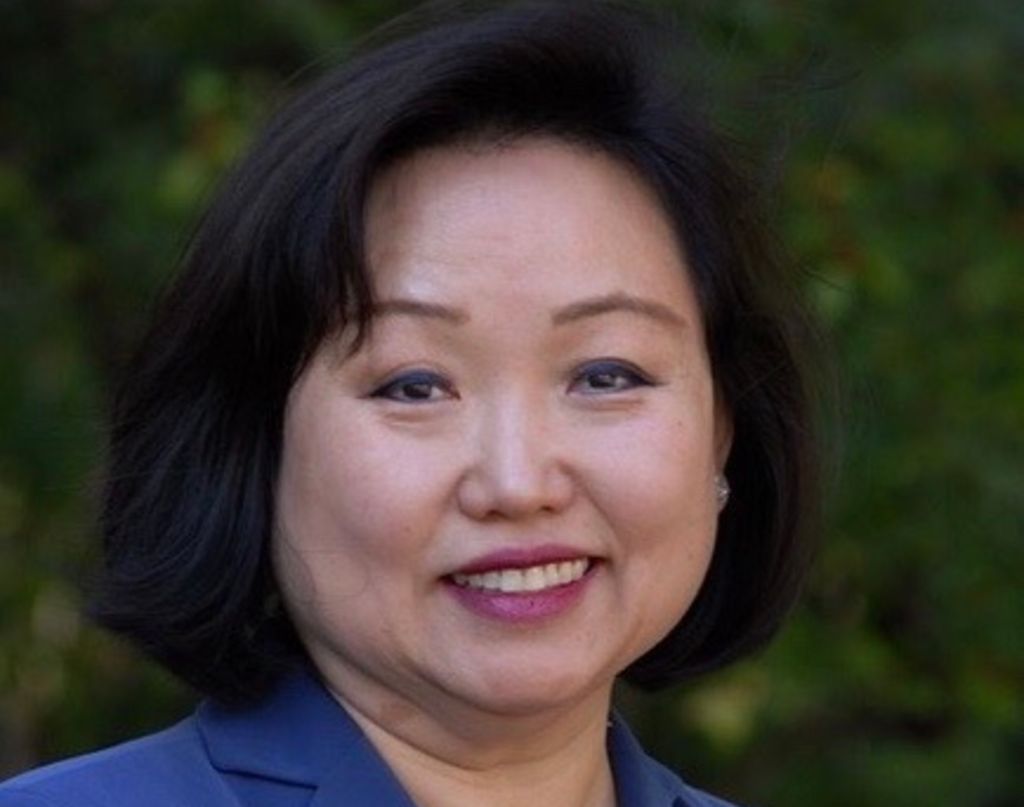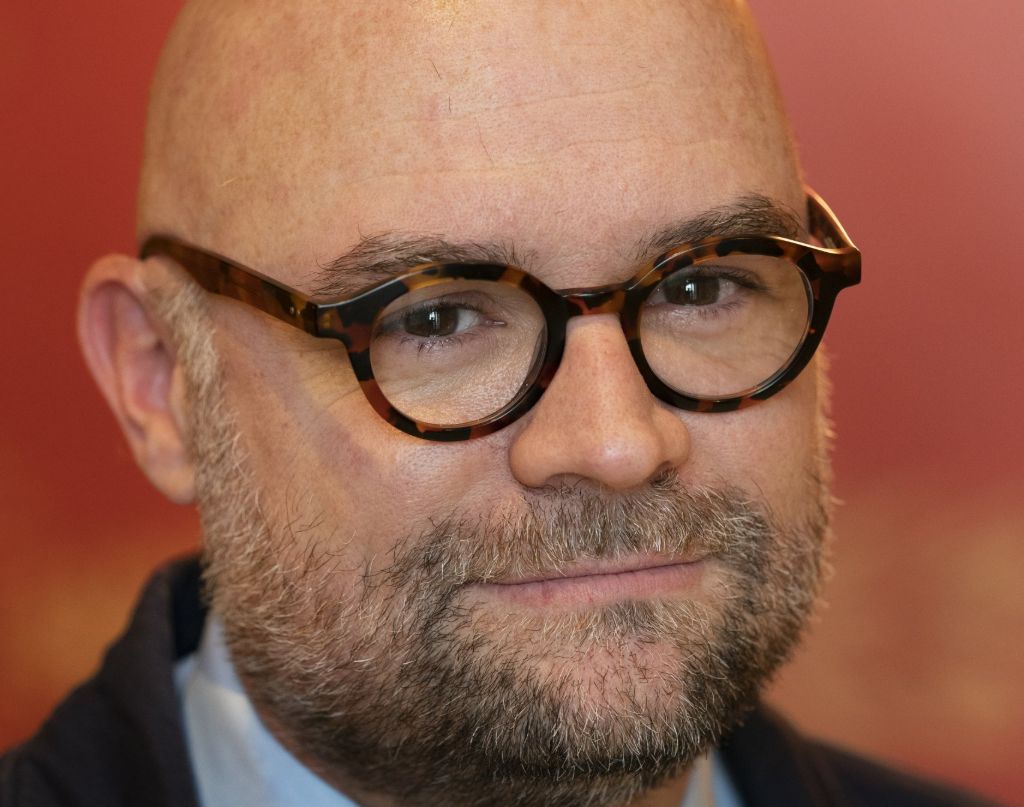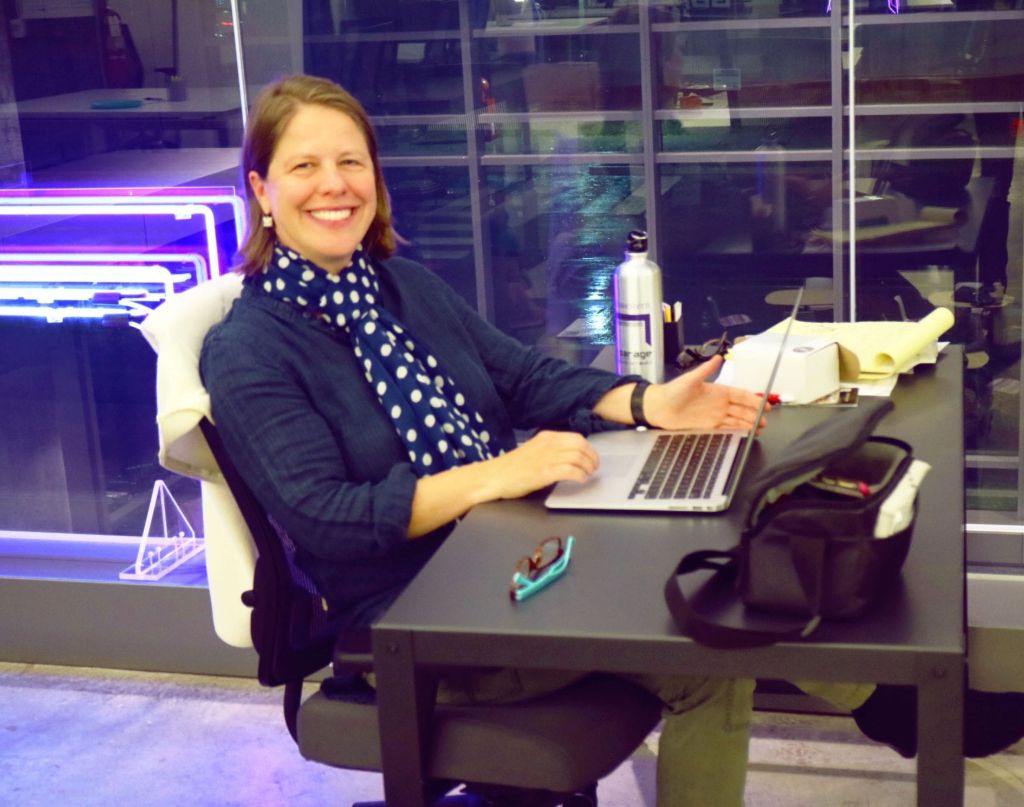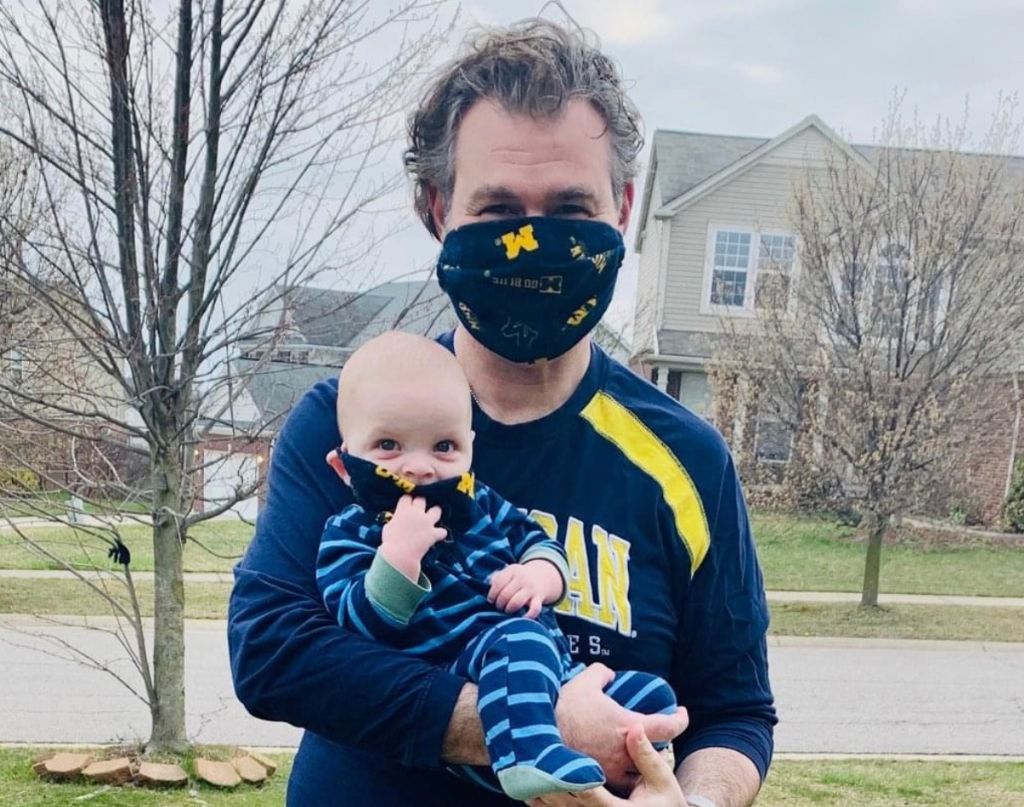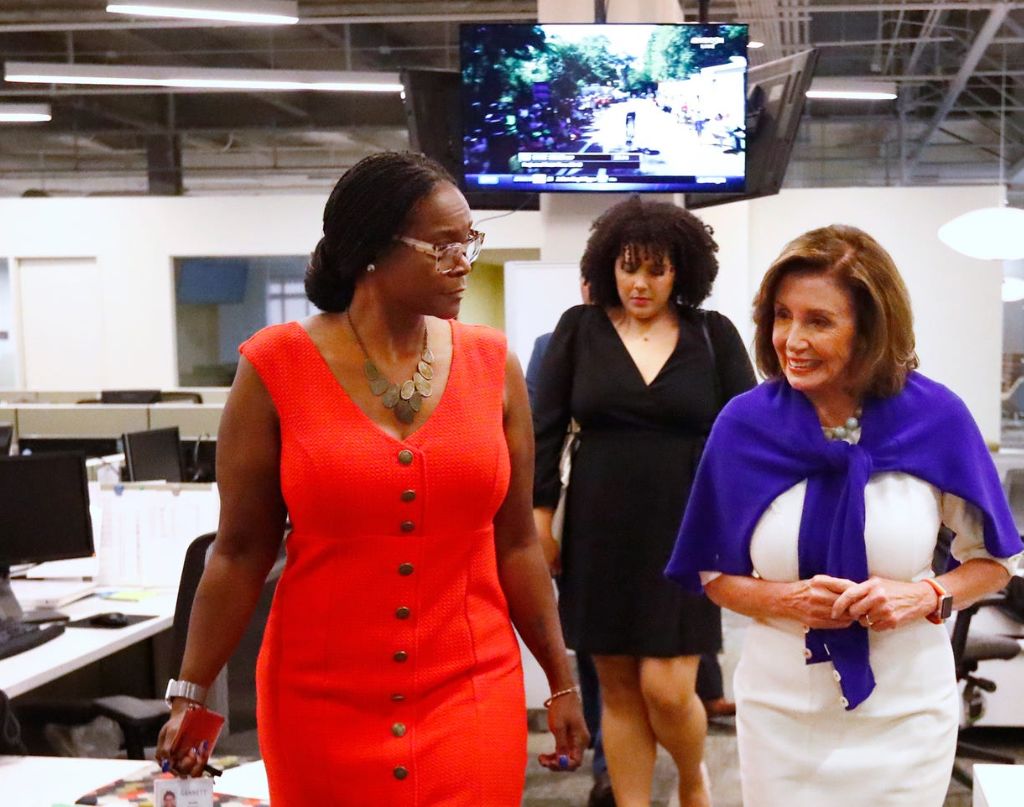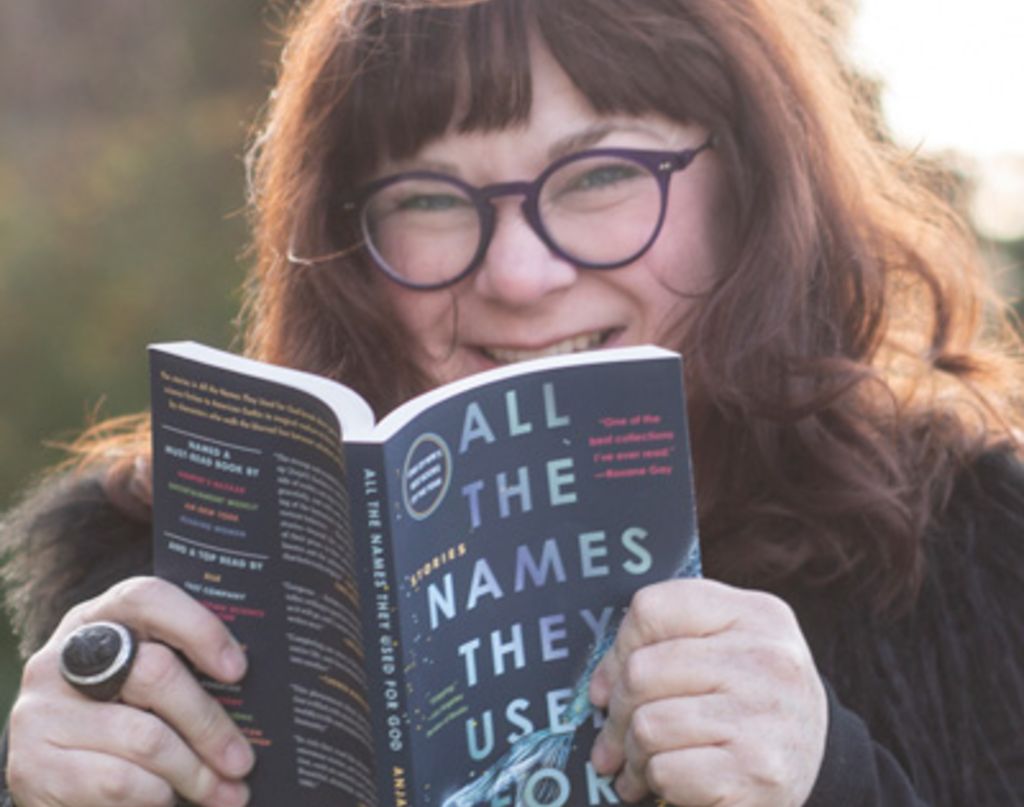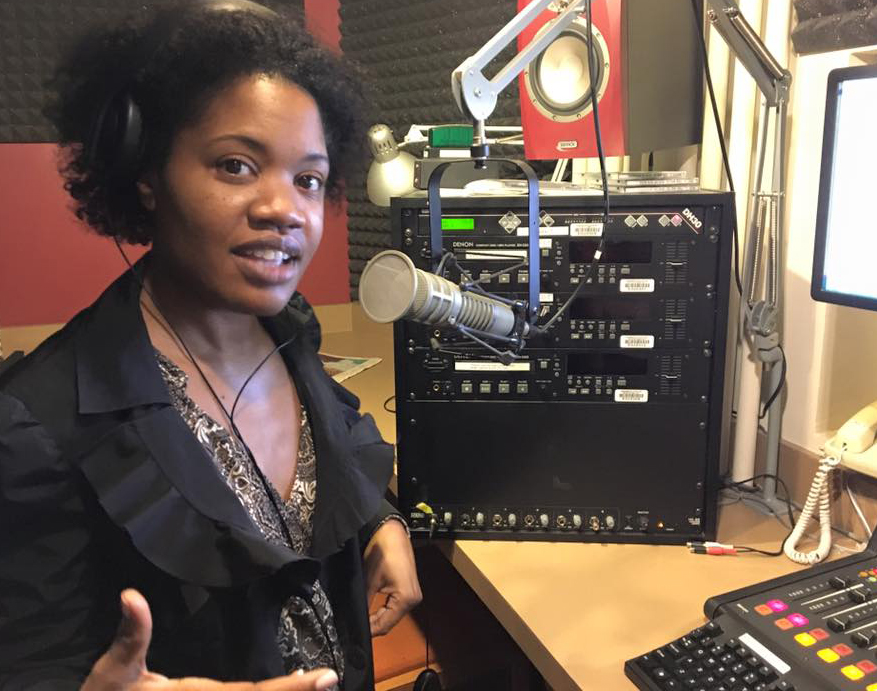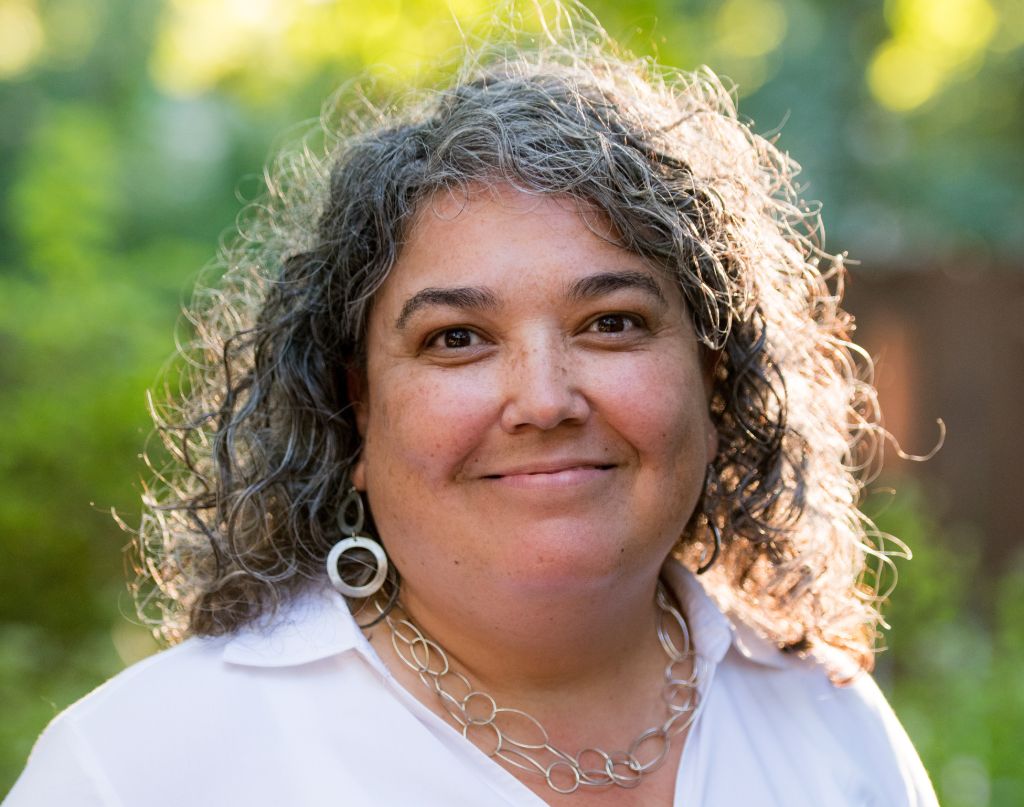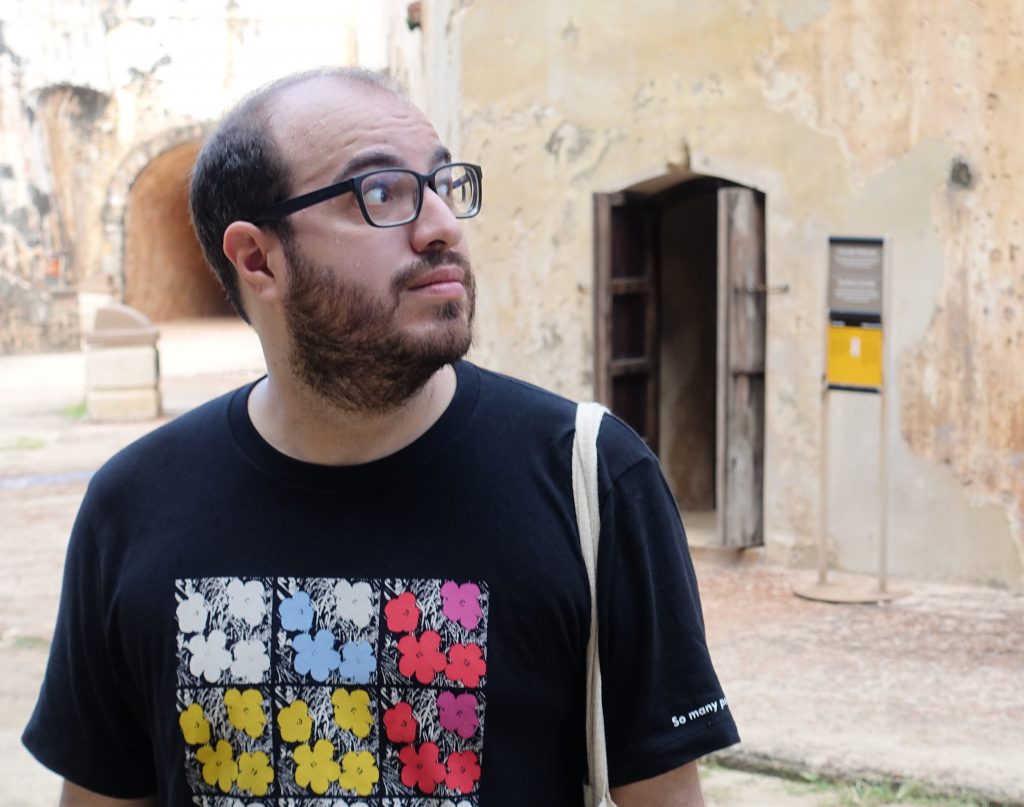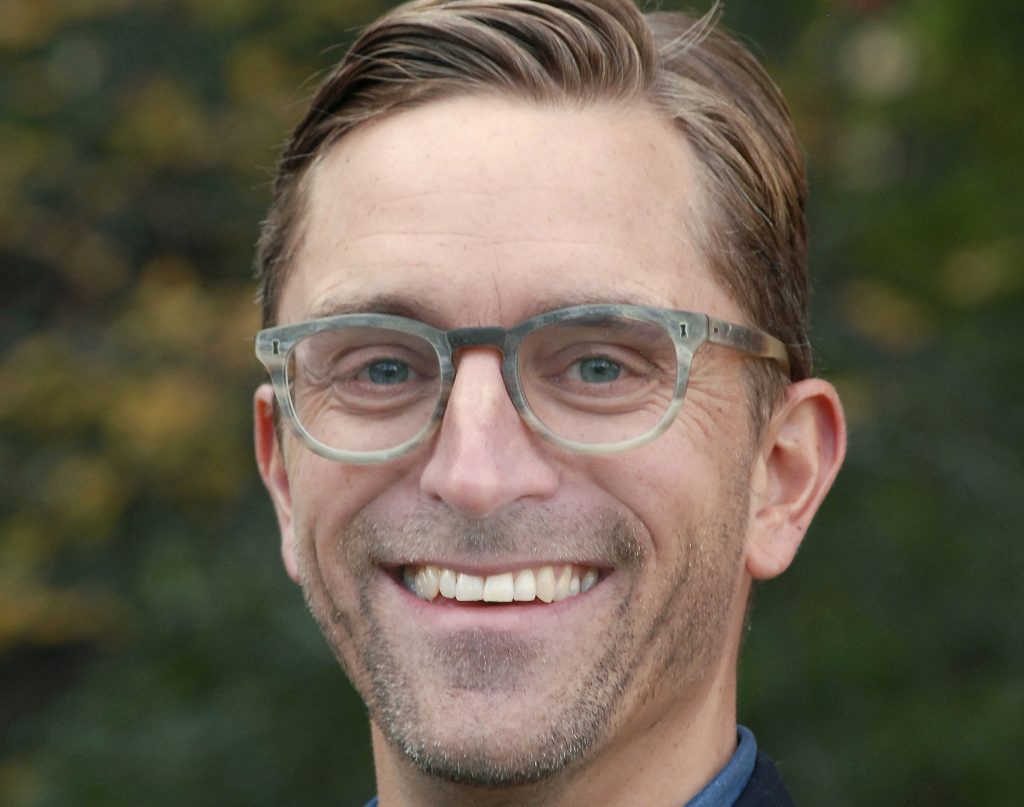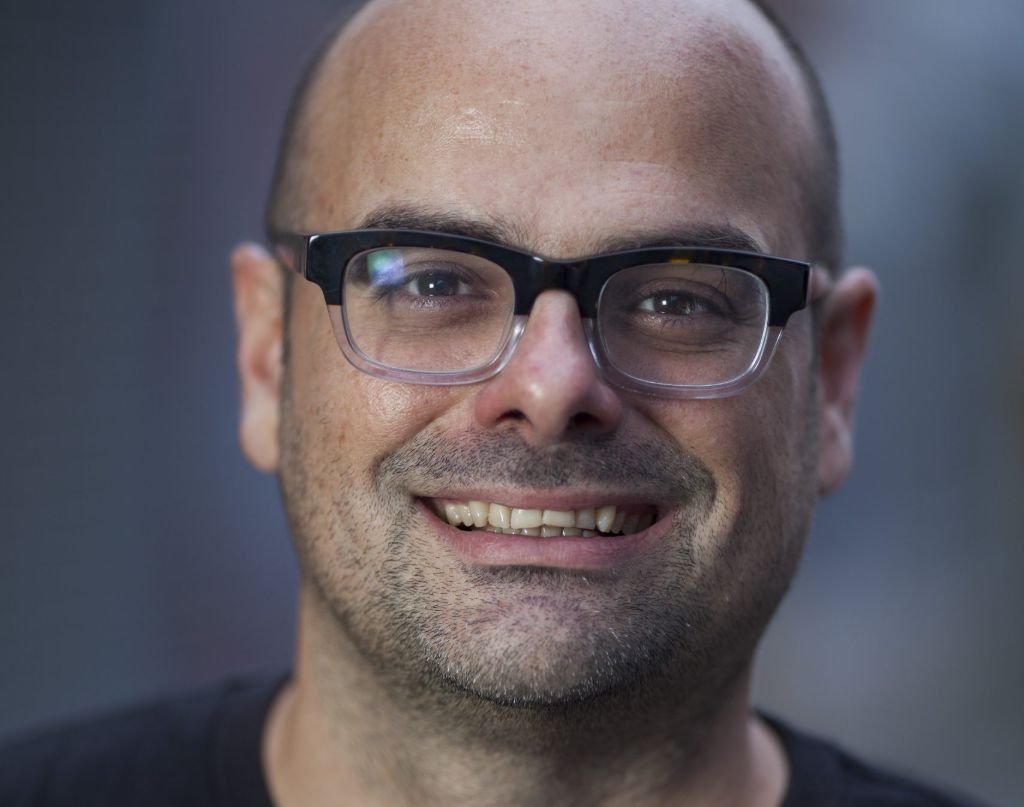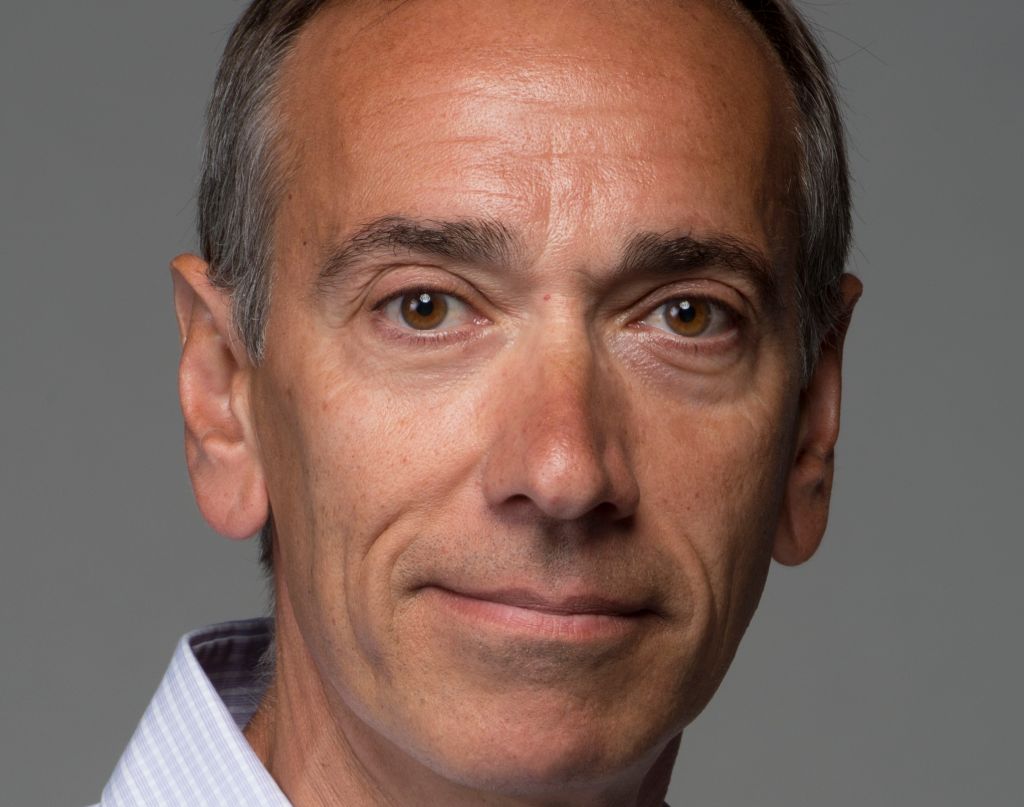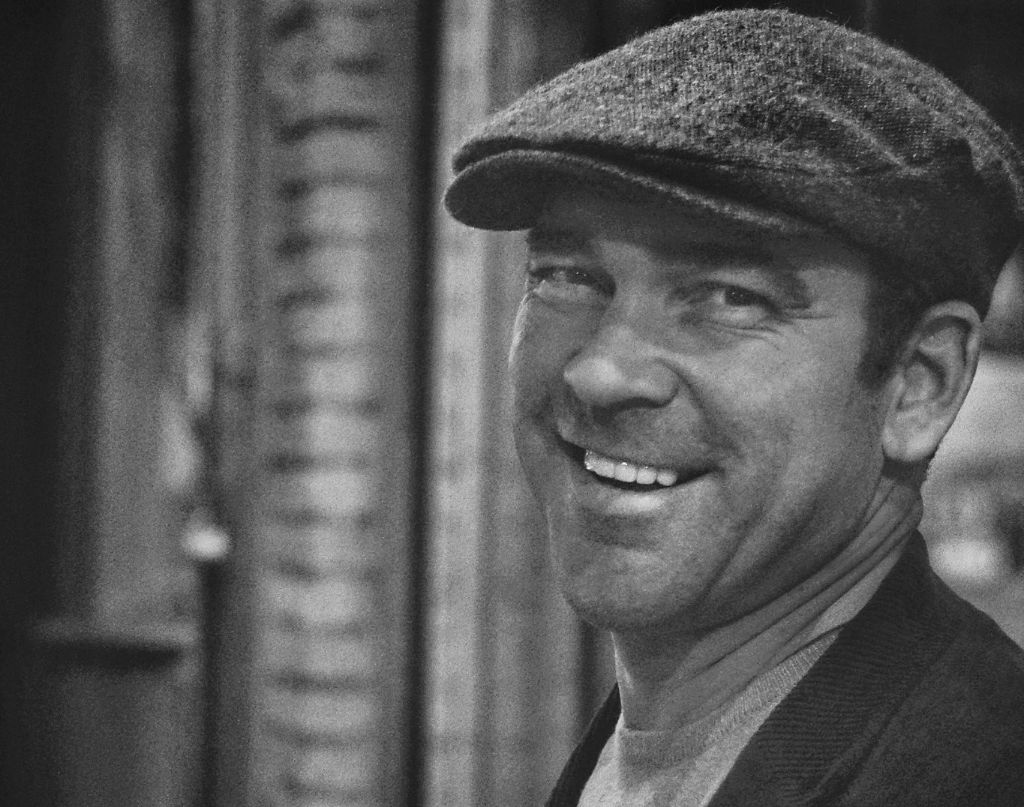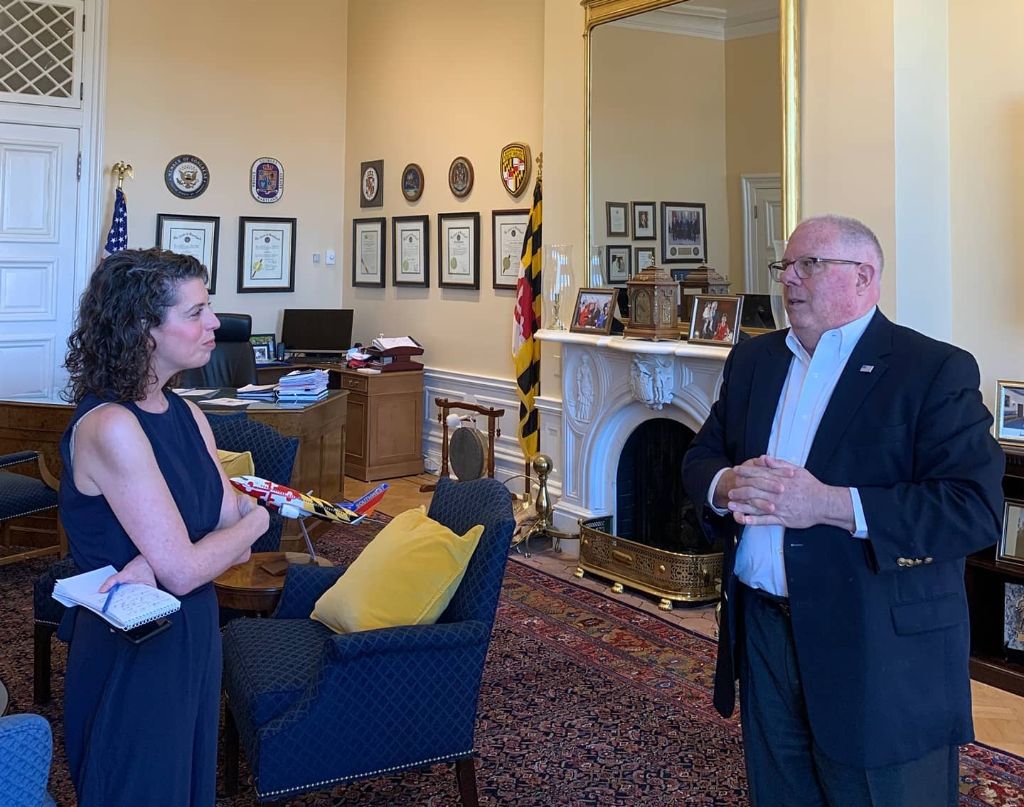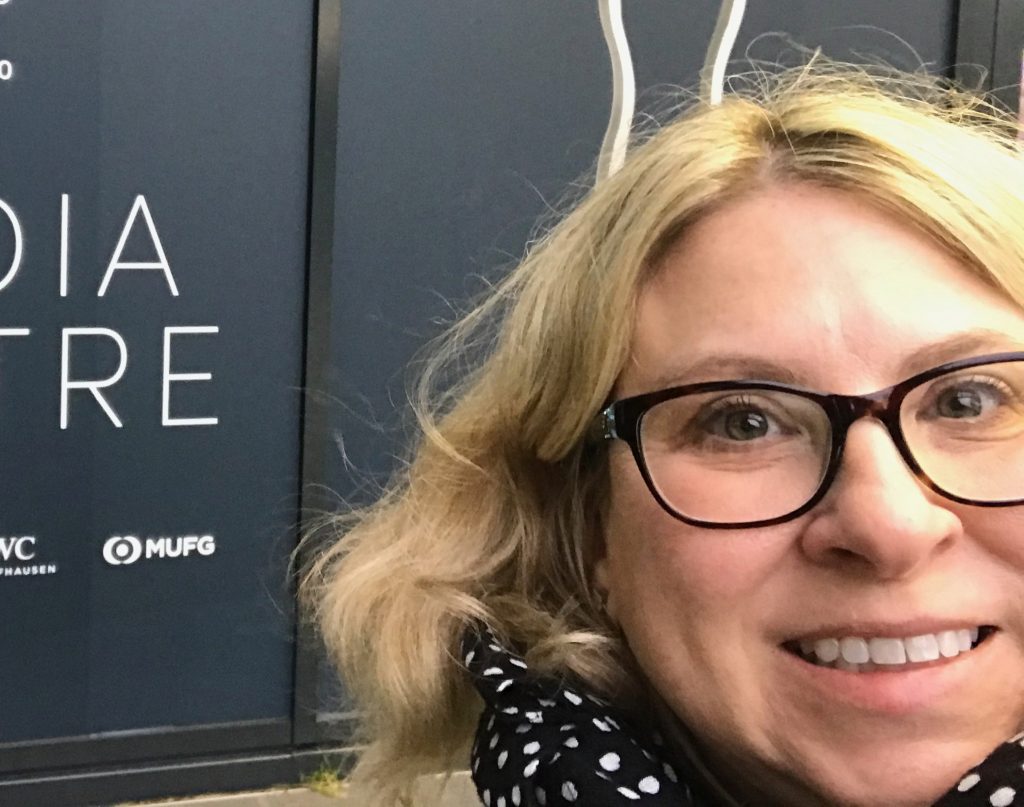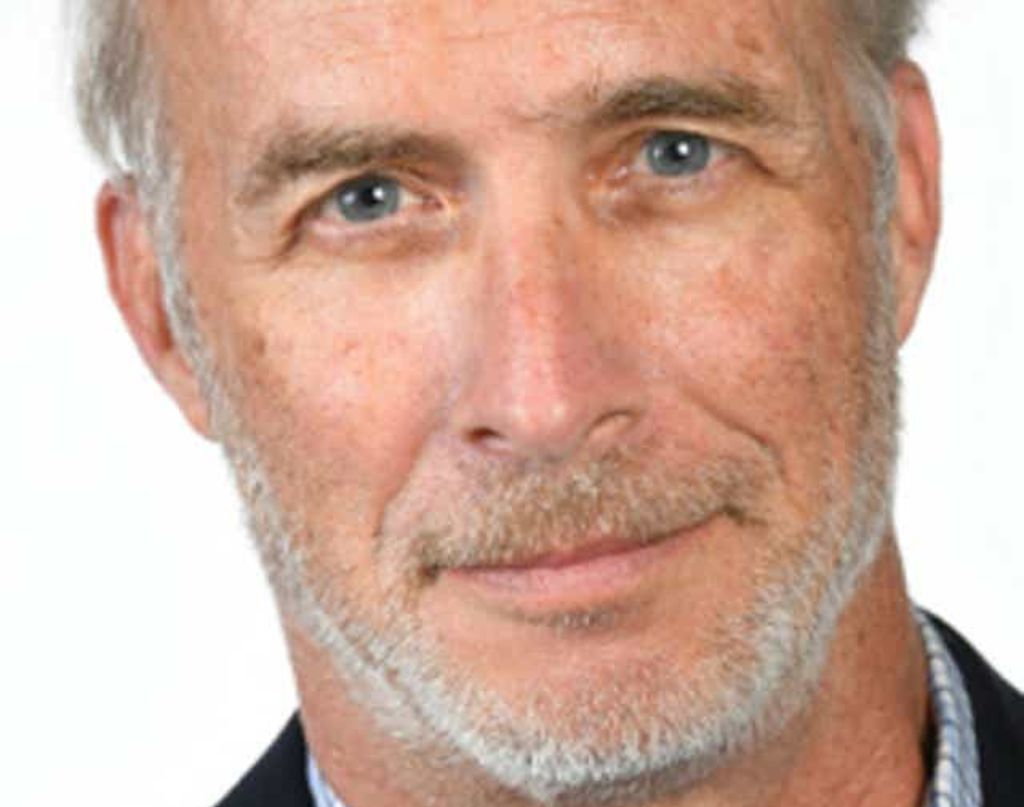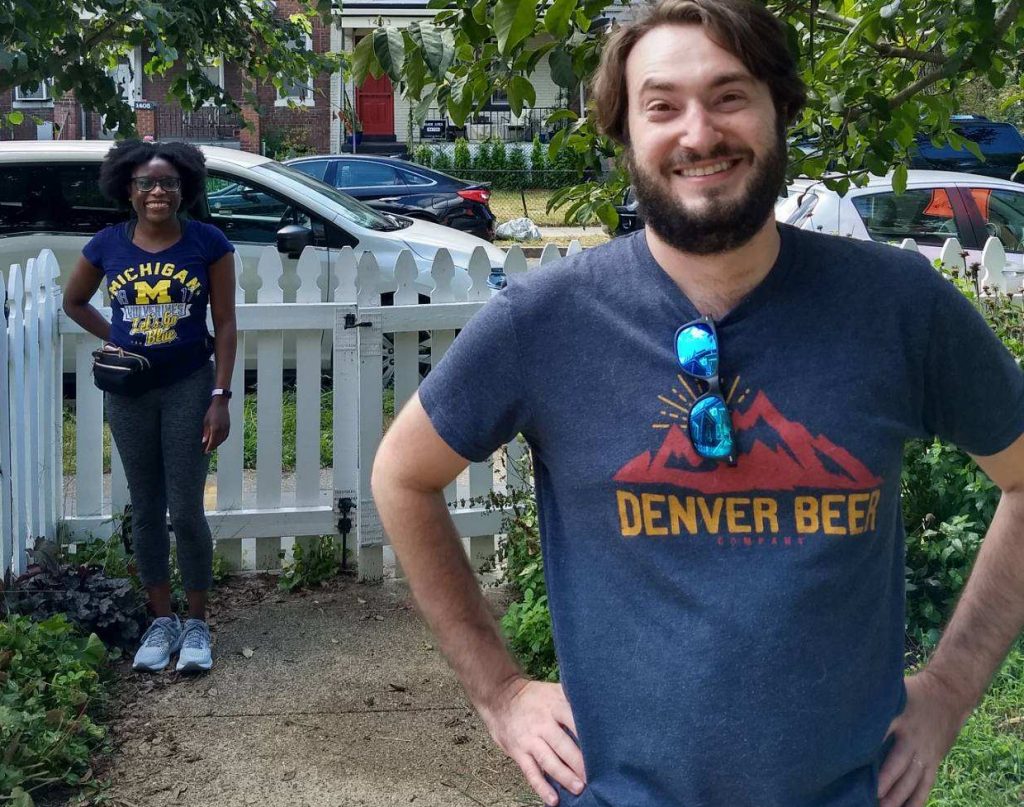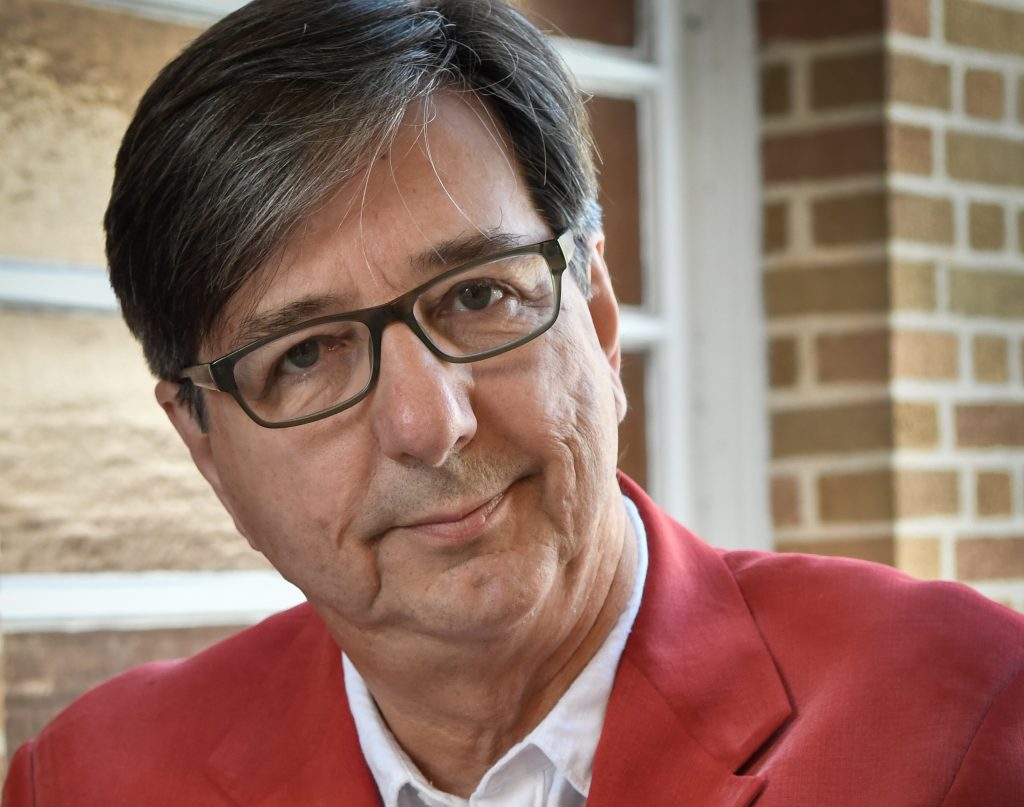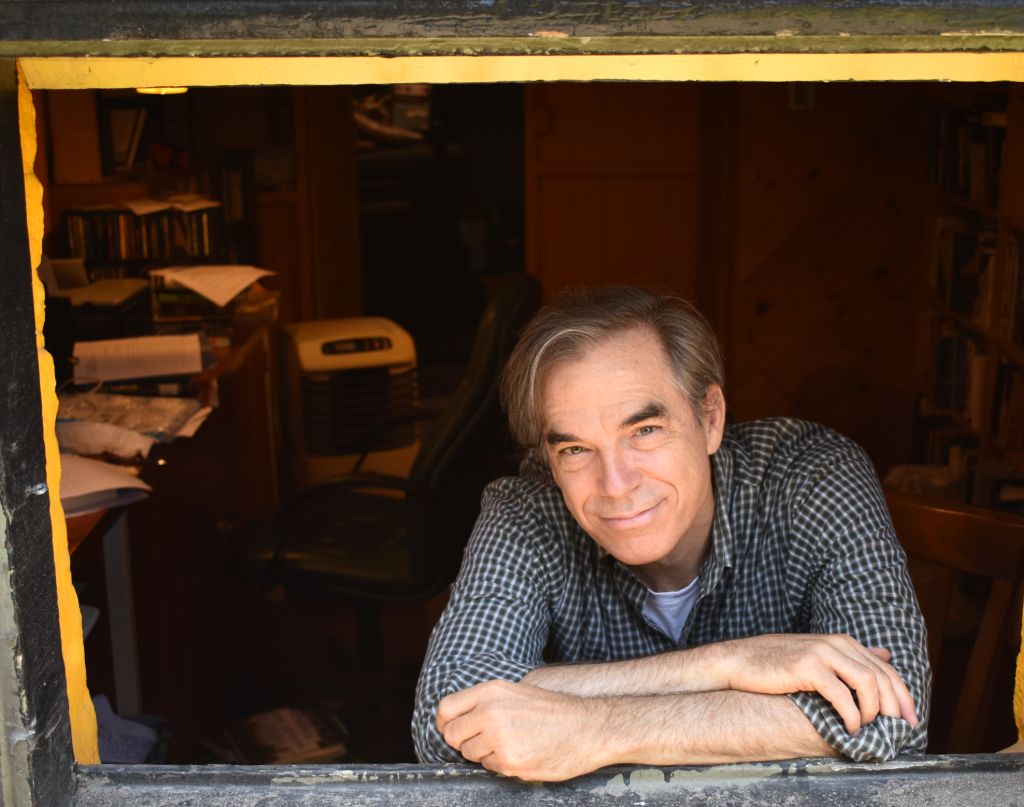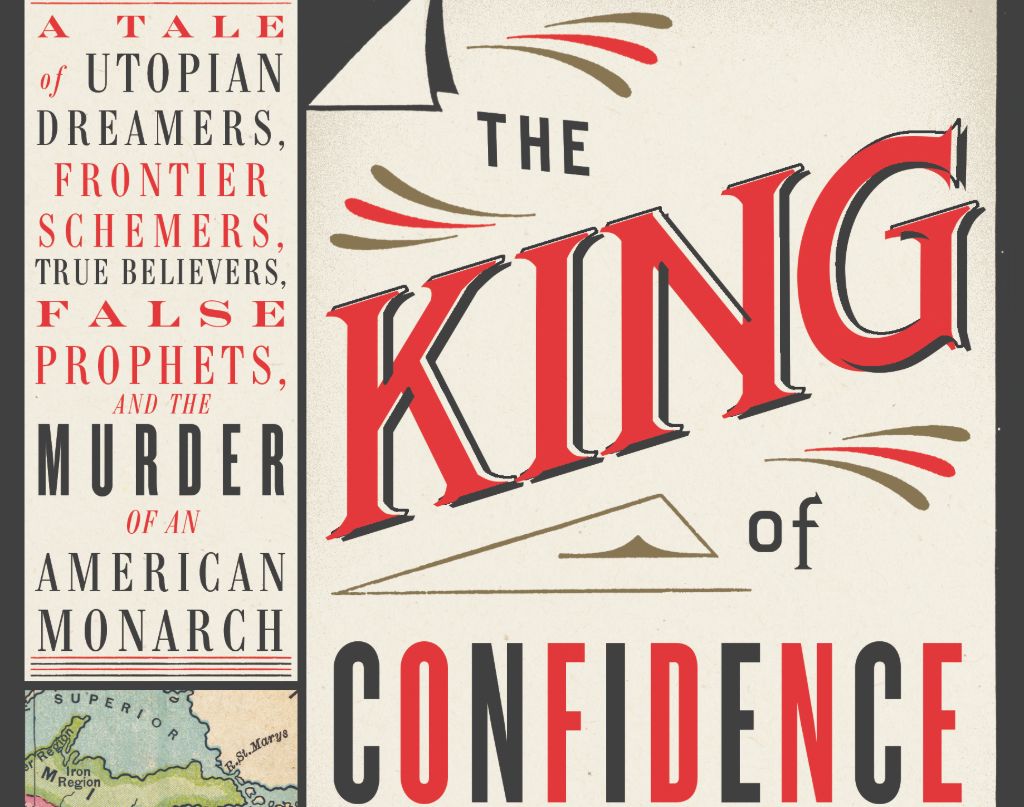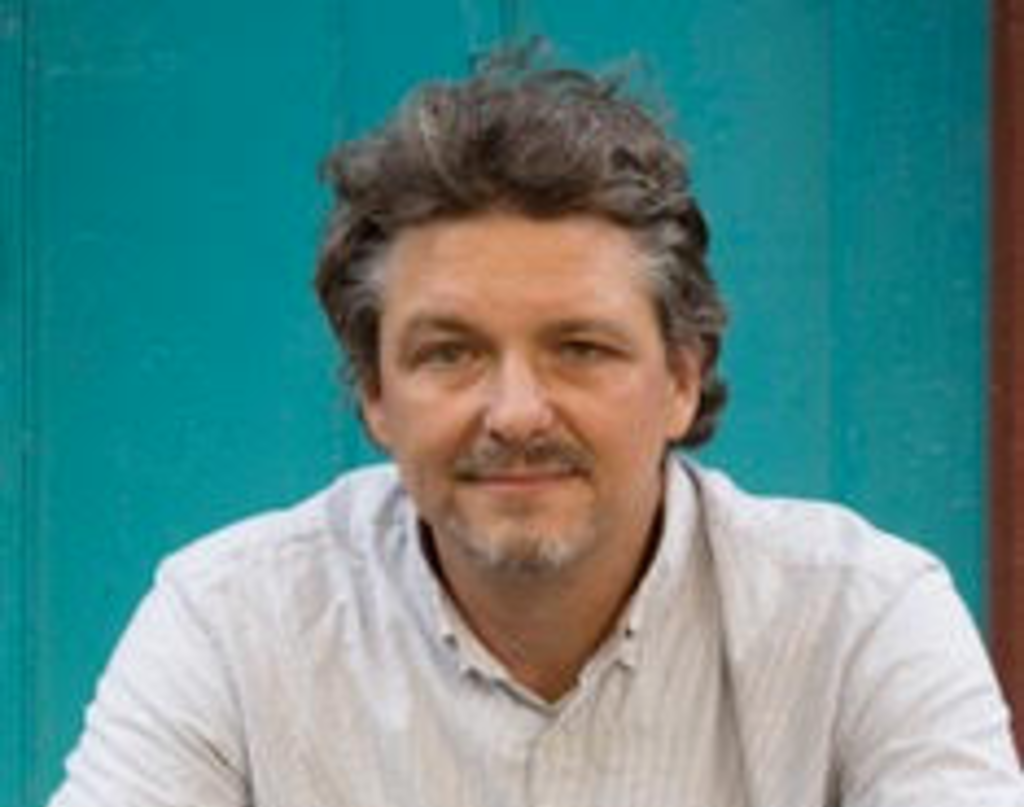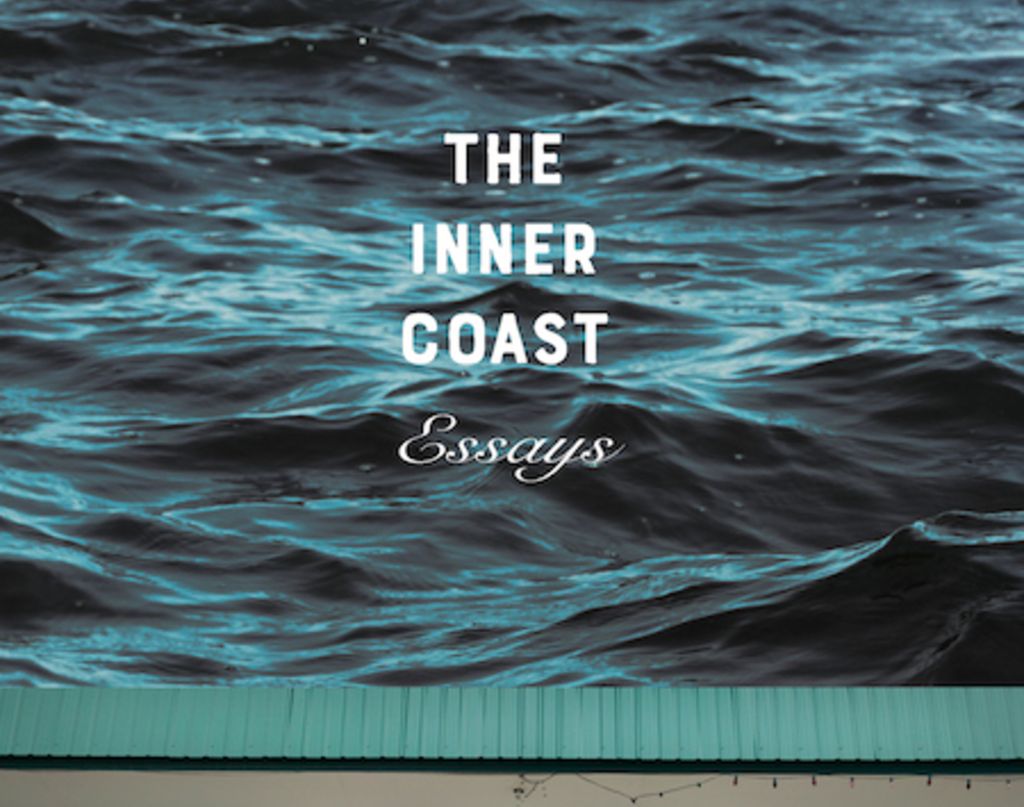Stand with Us on World Press Freedom Day
For five decades, Wallace House Center for Journalists at the University of Michigan has been a steadfast advocate for press freedom, providing vital support for journalists at risk. Today, as we commemorate World Press Freedom Day, we urge you to join us in standing resolute in support of journalists under siege across the globe.
Through the Knight-Wallace Fellowships for Journalists, we provide an academic year of support, serving as a life-saving bridge for journalists confronting crises in their home countries. From Kashmir to Mexico, Haiti to Russia, and Afghanistan to Iran, our Fellows’ stories underscore the sacrifices journalists make and the critical need for organizations like Wallace House to safeguard their pursuit of truth.
Roberson Alphonse, an investigative reporter from Haiti, is just one of many journalists targeted for his reporting in recent years and one of many helped by Wallace House. Since 2022, at least six journalists in Haiti have been murdered in retaliation for their work, making it one of the world’s most dangerous places for journalists. Alphonse narrowly survived an assassination attempt in October 2022, fleeing to Miami before finding refuge as a 2024 Knight-Wallace Fellow in Ann Arbor. With the financial, structural and emotional support offered through the fellowship, Alphonse has been able to continue his vital work, writing and hosting a radio show while researching methods to safeguard journalists working in hostile environments.
Watch Alphonse discuss his journey in the video above.
Yet, the challenges facing journalists persist. With conflicts raging in Gaza and Ukraine and autocracies tightening their grip around the world, the statistics are sobering: The Committee to Protect Journalists documented 320 journalists imprisoned around the world near the end of 2023, with nearly 20% of them serving sentences of 10 years or more in retaliation for their coverage. Ongoing wars indicate an alarming rate of death, injury and imprisonment of journalists in 2024.
Your support can make a tangible difference in the lives of journalists like Alphonse and countless others who risk everything to inform and empower their communities. Your generosity helps us provide emergency assistance, advocate for press freedom and enable journalists to tell the truth without fear.
Join us in supporting journalists on World Press Freedom Day and beyond. Together, we can make a difference and ensure that voices of truth are not silenced. Donate now.
Thank you for standing with us.
To learn more about how to make a major gift in support of these efforts, please contact Jayson Rose, senior development officer, at [email protected].


